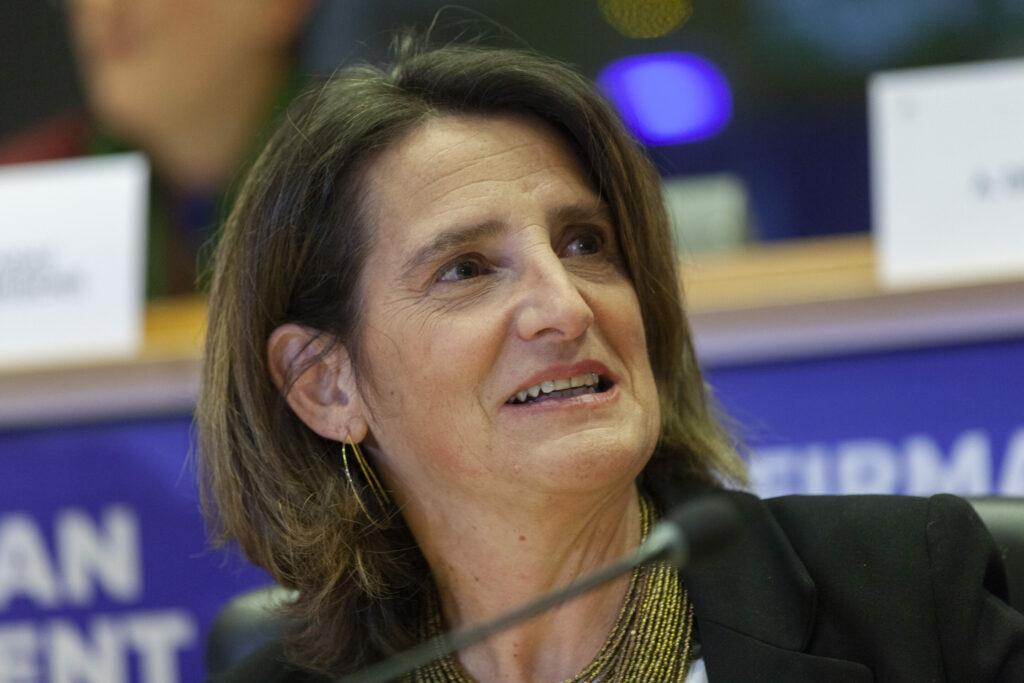The Ghent steel factory of ArcelorMittal, a global steel giant, will be visited by two new European Commissioners on Tuesday.
In 2021, the plant announced its ambitious plan to green its highly energy-intensive industry. Belgian political circles called it the "largest climate investment ever in our country," estimated by the CEO of ArcelorMittal Europe Geert Van Poelvoorde at over €2 billion.
ArcelorMittal has clear climate ambitions, but according to international executive Aditya Mittal, the European market does not yet provide a profitable model to recoup this investment. Other European countries, including France and Germany, have also not yet approved proposed sustainable investments.
The investment is significant for Belgium. The multinational steel giant has four facilities in the country, generating an annual turnover of €5 billion. The Ghent factory, one of the group’s most competitive sites, employs over 4,500 staff and 1,100 contractors.
The new European Commission, which took office last week, is aware of the issue. On their second working day, two Commission members will visit Ghent to discuss the matter and future plans. The visitors are Vice-President Teresa Ribera, European Commissioner for the Clean, Fair, and Competitive Transition, and Stéphane Séjourné, responsible for Prosperity and Industrial Strategy. Their stance on the sensitive issue remains to be seen.
In recent years, key figures from the federal and Flemish governments have been holding structural talks behind the scenes to support the company’s transformation. Earlier this year, Prime Minister Alexander De Croo secured a deal on the energy price for Belgian sites. Green steel needs to phase out coal and eventually rely on hydrogen, sustainably produced in the long run.
However, this requires an enormous amount of electricity and expertise. Belgium possesses this expertise, with research centres like UGent and KULeuven, with whom ArcelorMittal established a chair last week.
The regional Flemish Government, led by Minister-President Matthias Diependaele (N-VA), has also recognised the investment’s potential by providing approximately €600 million in loans through the joint venture Finocas.
However, ArcelorMittal’s international management rejected the current business plan last week, citing insufficient willingness among customers to pay extra for green steel from Europe. Production costs are also high due to increased wages and electricity prices in recent years.
The European Commission must protect the market from cheap imported steel from countries neglecting the ecological impact of the industry, it stated last week. The steel industry is also strategically important in case future geopolitical tensions escalate into military conflict.

